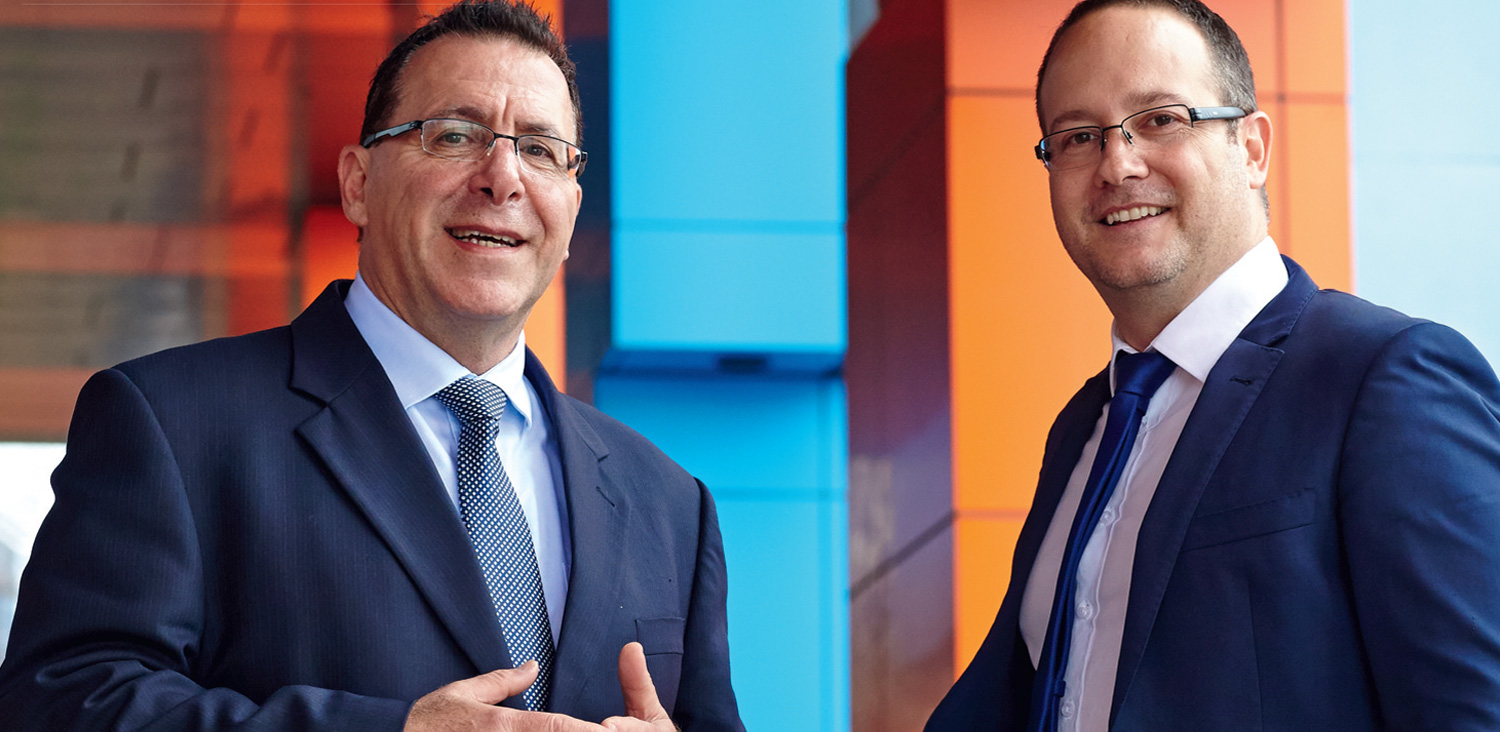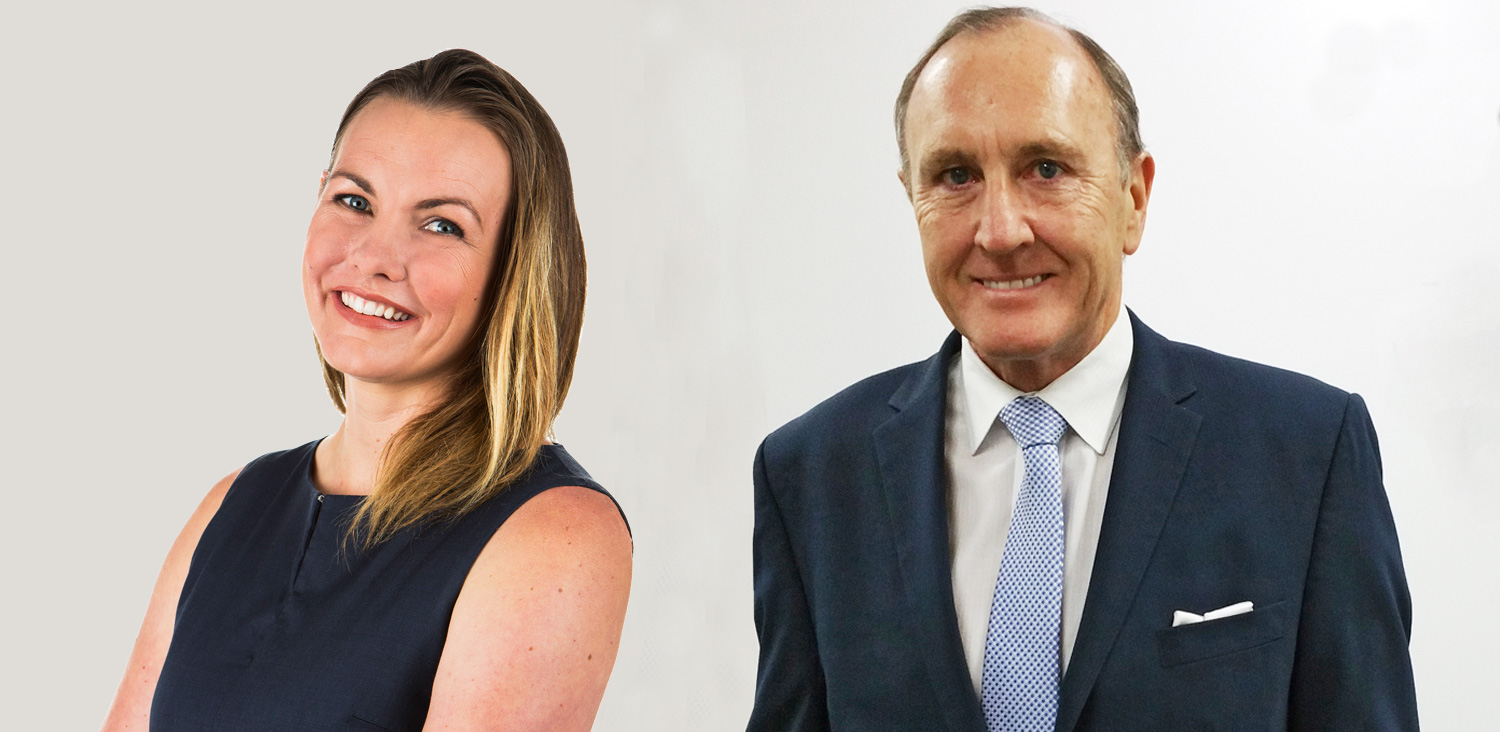Dr Christopher Clarke FIML, manager of corporate safety at Melbourne Water, was inspired to push his career envelope by mentor Ron Skaff FIML, an organisational change practitioner and director at Forma & Associates. They began meeting in Melbourne last year.
Why did you join IML’s mentor program?
Christopher Clarke (pictured right): I joined for the opportunity to tap into the knowledge of someone who sits within a senior leadership team and to learn from their experience. Also, I wanted to discuss my long-term goals and how I could reach them. I wanted to have trusted and personal conversations and expand my range of contacts and look at innovative ways of career development.
Ron Skaff (left): I actually saw a tweet the other day where some millennial was saying that mentoring is dead. I didn’t respond but I wanted to. I have been mentoring for a good portion of my adult life. I was coaching CEOs when I first came to Australia [from the US] and I’ve been a Member of IML since 1994. In the last couple of years, I realised that with all my commercial acumen I should be giving back to IML because of all the relationships it has opened up to me.
What did you learn from each other?
CC: Within the first five minutes of speaking to Ron, I knew he was the right fit for me. It didn’t take me long to see Ron has a brilliant strategic mind. His was a great mind to tap into. Although we were talking about career development, we’d also dive into life in general.
RS: You need to separate the person from the career. Chris has a strong family values anchor and I believe my family values play the same important role for me. He would tell me the things he was doing with his family and how that made him feel in terms of his personal life and career, and that was helpful for me because my family was following some similar paths. It helped me see where my focus should be, which was with my family.
What is the value of a mentoring relationship?
CC: Without the mentoring program I may not have been able to meet someone like Ron. He definitely inspired me to push the envelope in my chosen career field.
RS: Part of my role as a mentor is to develop a roadmap with my mentee about their career. Chris had just finished his PhD in safety and was looking at transformational leadership. I enjoy the personal satisfaction of knowing I played a role in the growth of a protégé.
What did you get out of the IML Mentor program?
CC: We workshopped various professional development tools. We did a career SWOT and also looked at my strengths in my personal life, which I hadn’t done before. We were able to correlate the two and I got some great insights. Ron also sent me some reading material to discuss when we caught up.
RS: Sharing my motivation and seeing the motivation of others is enjoyable. Mentoring allows you to see unique perspectives and a diversity of thought.
Would you recommend it to others?
CC: If you want to work closely with someone to improve your career and personal progression, absolutely.
RS: Anyone who believes they’d like to mentor should do so. The experience delivers a deeper learning outcome, different than using the internet or reading a book to understand new leadership approaches.




